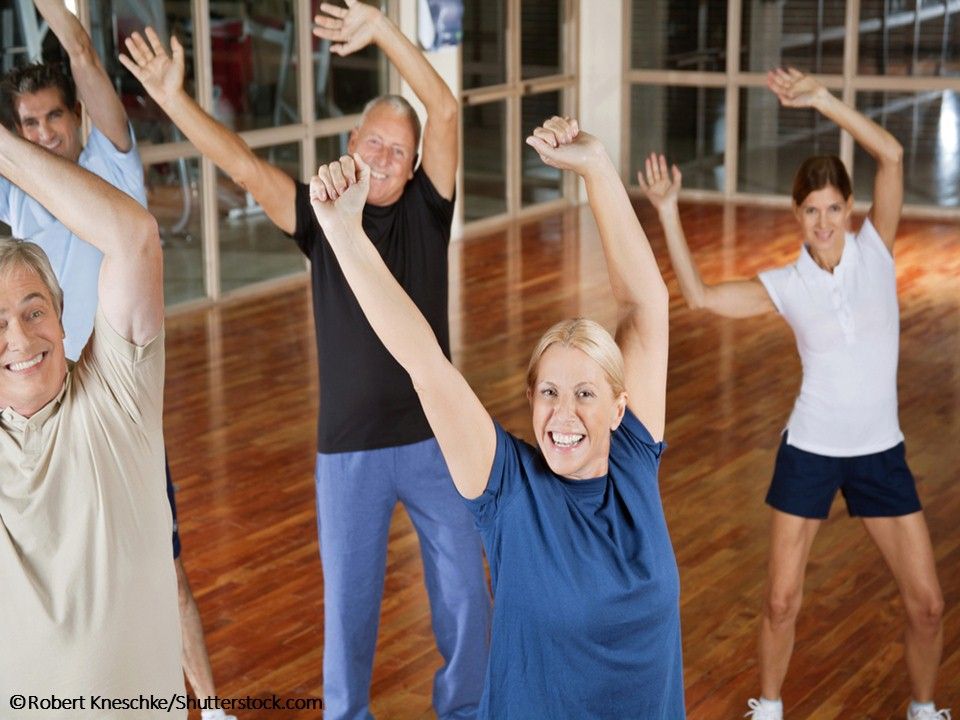Article
Exercise Counseling for Arthritis Close to the Finish Line
Your encouragement has a measurable impact on your patients’ physical activity.
©Robert Kneschke/Shutterstock.com

Key points
• Health care providers have significantly increased counseling aimed at increasing exercise in adults with arthritis.
• Encouragement for self-directed activity still falls short even though it has proven benefits and few risks.
• Additional training in exercise counseling for health care providers as well as prompts embedded in the electronic medical record may help increase counseling opportunities.
Background
Arthritis is one of the most prevalent chronic conditions in the United States. It affects over half a million adults and often limits their ability to participate in exercise activities.
Jennifer Hootman and colleagues at the CDC point out that the American College of Rheumatology guidelines and the Healthy People 2020 initiative recommend exercise as the most important non-pharmacologic management strategy for arthritis symptoms.
While barriers exist that prevent arthritis sufferers from engaging in the recommended amount of physical activity, counseling remains a strategy available to clinicians to let patients know that exercise is safe and helpful. The authors sought to determine how well we are doing in spreading the word about exercise and arthritis, and they present their findings in a recent CDC weekly MMWR edition.
The study
The authors analyzed National Health Interview Survey (NHIS) data from 2002 to 2014; they looked at the prevalence and patterns of change for provider counseling with regards to physical activity or exercise in adults with arthritis.
The results
• Health care provider counseling for exercise among adults with arthritis increased from 51.9% to 61.0% from 2002 to 2014 (95% confidence intervals [CIs], 49.9%-53.8% and 58.6%-63.4%, respectively; P < .001).
• When adjusted for age, health care provider counseling for exercise among adults with arthritis increased from 47.2% to 56.7% from 2002 to 2014 (95% CI, 44.0%-50.4% and 52.3%-61.0%, respectively, P < .001).
• Nearly 40% of adults with arthritis are not receiving counseling for exercise.
• In both 2002 and 2014, inactive adults were less likely to have received health care provider counseling for exercise.
Implications for physicians
• Less health care provider counseling for exercise in adults with arthritis is associated with less physical activity in those patients.
• Additional health care provider training paired with prompts in the electronic medical record may increase provider counseling for exercise in adults with arthritis.
• Although counseling for exercise in adults with arthritis has improved significantly, there are still many patients who have not been reached and who can benefit from such counseling.
Disclosures:
The CDC funded this research.
References:
Hootman JM, Murphy LB, Omura JD, et al. Health care provider counseling for physical activity or exercise among adults with arthritis - United States, 2002 and 2014. MMWR Morb Mortal Wkly Rep. 2018;66:1398-1401.




